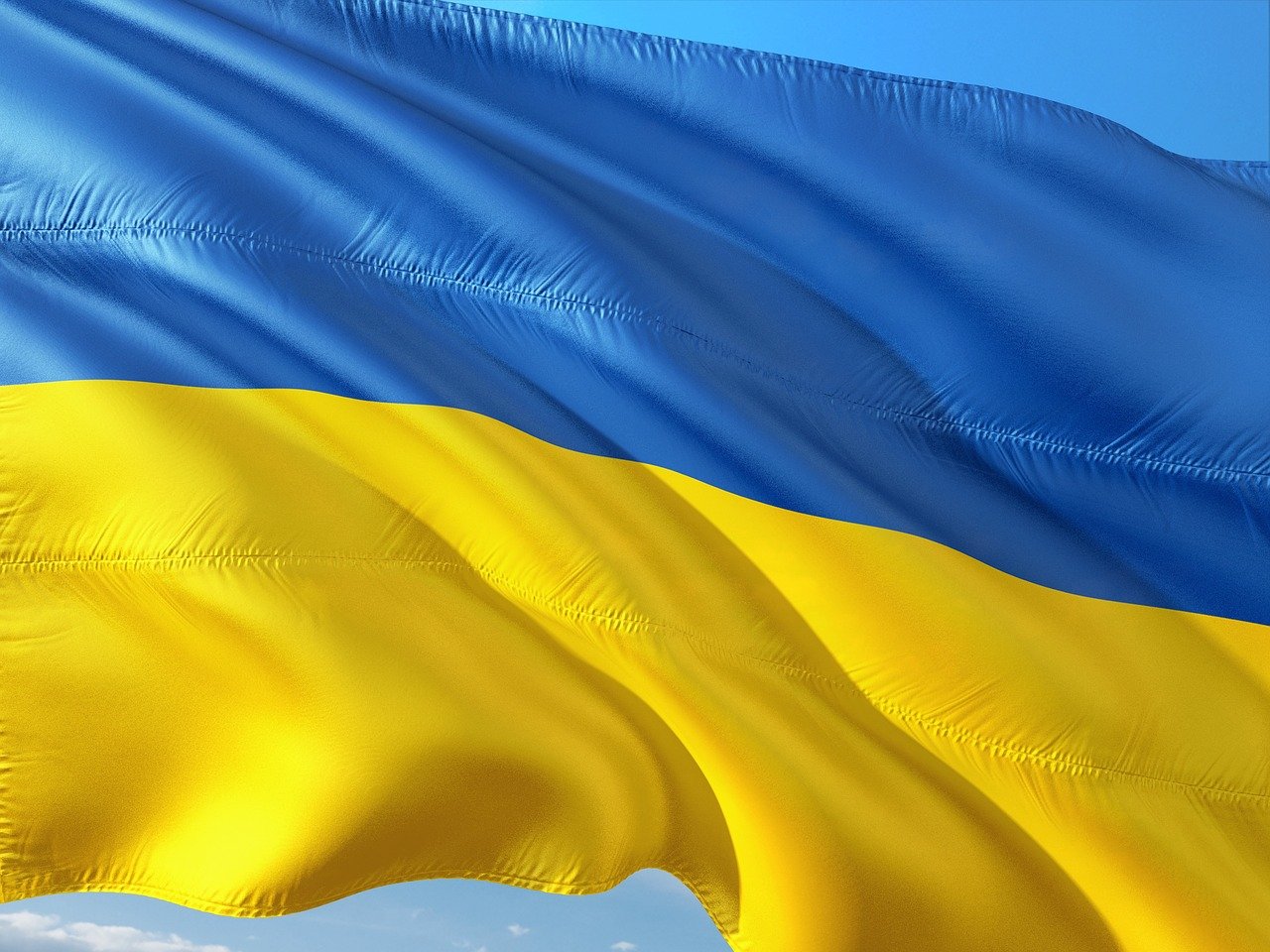
By Professor John Bryson
Department of Strategy and International Business, University of Birmingham
There has been a consistent message coming from Vladimir Putin and the Kremlin concerning Russia’s security. This discourse is based around the mantra that Russian interests and security are non-negotiable. There are many ways of reading this statement. Does Putin mean military security, economic security, or Russia’s ability to shape international negotiations to meet the interests of the Russian people? If it is the latter, then all this conflict does is isolate Russia from international negotiations.
On 24 February 2022, Putin launched military operations in Ukraine. One thing that I have learnt over the years is that all human conflict can be explained by two processes – an over concern with hierarchy and territory. These two processes explain school or workplace bullying and all wars. Thus, Putin is concerned about Russia’s shrinking status in the world as the balance of power shifts towards Asia. Conflicts over territory are a form of imperialism and this includes the use of military or economic force and cyberattacks including those intended to influence political outcomes.
When I think of Putin, I think of the people of Salisbury and the poisoning of Sergei and Yulia Skripal and the death of Dawn Sturgess via a Novichok nerve agent in 2018. Putin’s response to this incident was predictable with Russia accusing the UK of spreading propaganda. The Salisbury incident was an example of Russian incompetence, and I would suggest that Russia’s military operations in Ukraine are another sign of Putin’s incompetence. This incompetence can be explained by the paradox that sits behind this new European war and Putin’s overconcern with Russian national security. But what is this Putin Paradox?
On the one hand, Putin appears to be concerned with demonstrating that Russia is still a major power on the world stage. This is reflected in recent investments in military hardware and the Ukrainian conflict. This is positioned within a discourse of protecting national security. To Putin, evidently Ukraine was a major military threat to the Russian people. This discourse must be seen for what it really is – nonsense or reflecting some form of paranoia. Russia’s military operations in Ukraine are more about Putin’s status, and his concern with hierarchy, and less about the Russian people and national security.
On the other hand, Russia’s invasion of Ukraine is a major threat to Russia’s national economic security. This is the Putin Paradox that sits at the heart Russia’s Ukrainian strategy. Putin’s actions will weaken Russia’s economy and ricochet throughout Russia resulting in negative and perverse impacts on the Russian people. Central to this paradox is that a military strategy intended to enhance Russia’s military security will undermine the country’s national economic security.
It is important to remember that an international economy has emerged in which national economic security reflects a balance between local or national economic activities and international flows of money, people, raw materials, components, products, services, information, and knowledge. Putin has not been good for the Russian economy. The country faces relatively low potential economic growth that needs to be addressed to raise incomes and living standards. But military conflict in Ukraine will undermine Russia’s ability to engage in global value chains that will be central to the successful restructuring of the Russian economy. One might argue that Russia’s future lies with China, but all this might mean is that Russia would become increasingly subservient to Chinese interests.
Part of the paradox is that the Ukraine military conflict will force those countries which are over-dependent on Russian gas and oil to accelerate decarbonisation. Russia is an energy superpower with the world’s largest natural gas reserves, the second largest coal reserves and the eight largest oil reserves. It is the world’s largest exporter of natural gas. This means that Russia is a major contributor to climate change. For countries like Germany, it is critical that the existing overdependence on Russian gas is dramatically reduced and this would have major negative impacts on Russia’s national finances.
The Ukrainian crisis is a major challenge for the European Union and for China but much less of an issue for the US and even the UK. China must balance the tensions of wanting to strengthen military and strategic ties with Russia whilst also not being perceived to support a European war. The European Union must deepen political union to ensure that Europe is able to rapidly formulate and project a unified position on any European security issue defined in military terms including cyberattacks.
It is important to reflect on the winners and losers in this conflict. First, there are the people of Ukraine who have become pawns in Putin’s concern with hierarchy and territory. Many Ukrainians will die and all will have their lives turned upside down. Second, the Russian people will be major losers as sanctions are imposed that further impede the country’s ability to engage in effective economic restructuring to raise living standards. Third, Putin’s legacy will be constructed around the Putin Paradox which reflects a concern with the country’s international standing at the expense of the longer-term interests of the Russian people. The immediate and longer-term interests of the Russian people rest on national economic security rather than any perceived security threats associated with Ukraine.
There is fourth loser here and this is the planet and all people living on this planet. War never makes any sense especially when it is constructed around a concern with hierarchy and territory. Lives are destroyed. Warfare is never carbon neutral and all military conflicts should be classified as climate crimes and those responsible should be held to account.
The views and opinions expressed in this article are those of the author and do not necessarily reflect the official policy or position of the University of Birmingham.
